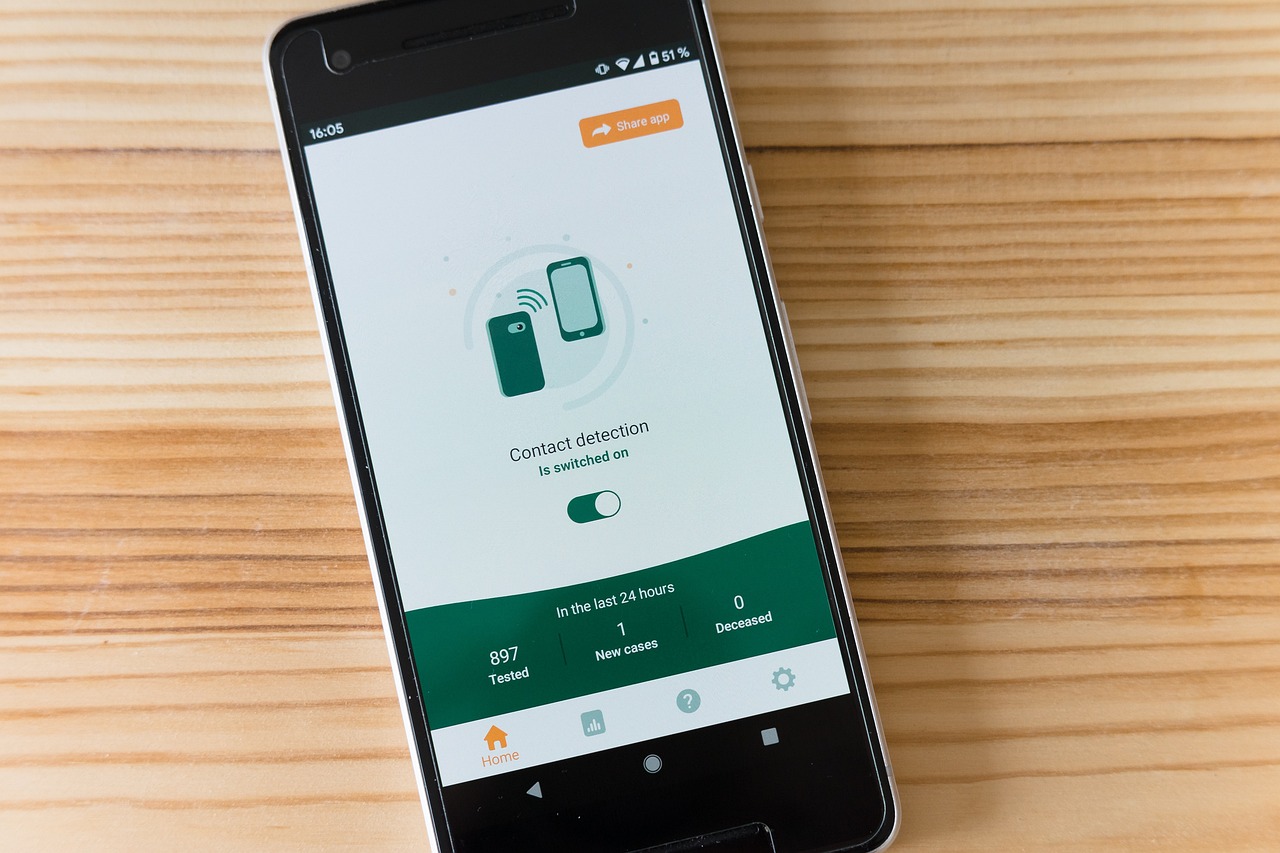
Android vs iOS Development: What’s the Difference?
In the world of mobile app development, two giants stand tall: Android and iOS. These two platforms power the vast majority of smartphones and tablets globally. As a business or an entrepreneur, deciding which platform to prioritize for your app can be a pivotal choice. To make an informed decision, it’s crucial to understand the differences between Android and iOS development. In this article, we’ll explore these differences, helping you navigate the app development landscape and guiding you on when to consider to hire iOS developer.
Platform Overview
Android:
- Developed by Google.
- Open-source platform, allowing greater customization.
- Available on a wide range of devices from various manufacturers.
- Uses Java and Kotlin as primary programming languages.
- More fragmented ecosystem due to diverse devices and operating system versions.
- Google Play Store is the primary app distribution platform.
iOS:
- Developed by Apple.
- Proprietary platform with strict hardware and software control.
- Exclusive to Apple devices like iPhones and iPads.
- Uses Swift and Objective-C as primary programming languages.
- Less fragmented ecosystem with a focus on the latest devices and operating system versions.
- App distribution primarily through the Apple App Store.
Programming Languages
Android:
- Java: Historically, Java was the primary language for Android development.
- Kotlin: Google introduced Kotlin as an official language for Android, offering modern features and improved developer productivity. Kotlin is now the preferred language for Android development.
iOS:
- Objective-C: Older apps on the iOS platform may still be written in Objective-C.
- Swift: Apple introduced Swift as a modern, more efficient, and safer language for iOS app development. Swift is now the standard language for iOS development.
Development Tools
Android:
- Android Studio: The official integrated development environment (IDE) for Android app development.
- Wide range of third-party tools and libraries available.
iOS:
- Xcode: The official IDE for iOS app development, which includes the Interface Builder for designing app interfaces.
- Limited third-party tool support compared to Android.
User Interface Design
Android:
- Material Design: Google’s design language for Android apps, focusing on clean, intuitive, and responsive interfaces.
iOS:
- Human Interface Guidelines (HIG): Apple’s design principles emphasize clarity, simplicity, and consistency in user interface design.
Fragmentation
Android:
- Fragmented ecosystem with numerous devices and screen sizes to support.
- Variation in Android OS versions, making testing and optimization challenging.
iOS:
- Unified ecosystem with a limited range of devices and screen sizes.
- Faster adoption of the latest iOS versions among users.
App Distribution
Android:
- Apps are primarily distributed through the Google Play Store.
- Greater flexibility in distributing apps through alternative app stores or independently.
iOS:
- Apps are distributed exclusively through the Apple App Store.
- Strict App Store guidelines and review process.
Development Costs
Android:
- Generally considered more cost-effective due to the wide range of devices and tools available.
iOS:
- May involve higher development costs due to the need for specialized Apple hardware for testing and development.
Monetization
Android:
- Offers various monetization options, including in-app advertising and purchases.
- Greater flexibility in choosing monetization strategies.
iOS:
- Known for higher average revenue per user (ARPU) and a more affluent user base.
- Offers in-app purchases and subscriptions as lucrative monetization options.
When to Hire an iOS Developer
Consider hiring an iOS developer when:
-
Targeting a Premium Audience: If your app is geared towards a more affluent user base, iOS might be your primary focus.
-
Design Excellence: If your app’s success relies heavily on a polished and visually appealing design, iOS development allows for meticulous design implementation.
-
Monetization Strategy: If you plan to generate revenue through in-app purchases or subscriptions, iOS users are more likely to make in-app purchases.
-
Brand Loyalty: If your target audience is already loyal to Apple products, developing for iOS can capitalize on this brand loyalty.
-
Minimal Fragmentation: If you want to avoid the complexities of dealing with a fragmented ecosystem and focus on the latest features and capabilities, iOS offers a more streamlined environment.
In conclusion, the choice between Android and iOS development depends on various factors, including your target audience, development budget, and strategic goals. While Android offers a larger user base and greater flexibility, iOS appeals to a premium audience and prioritizes design and user experience. When considering iOS development, hiring an experienced iOS developer can be a crucial step in ensuring your app’s success in the Apple ecosystem.



